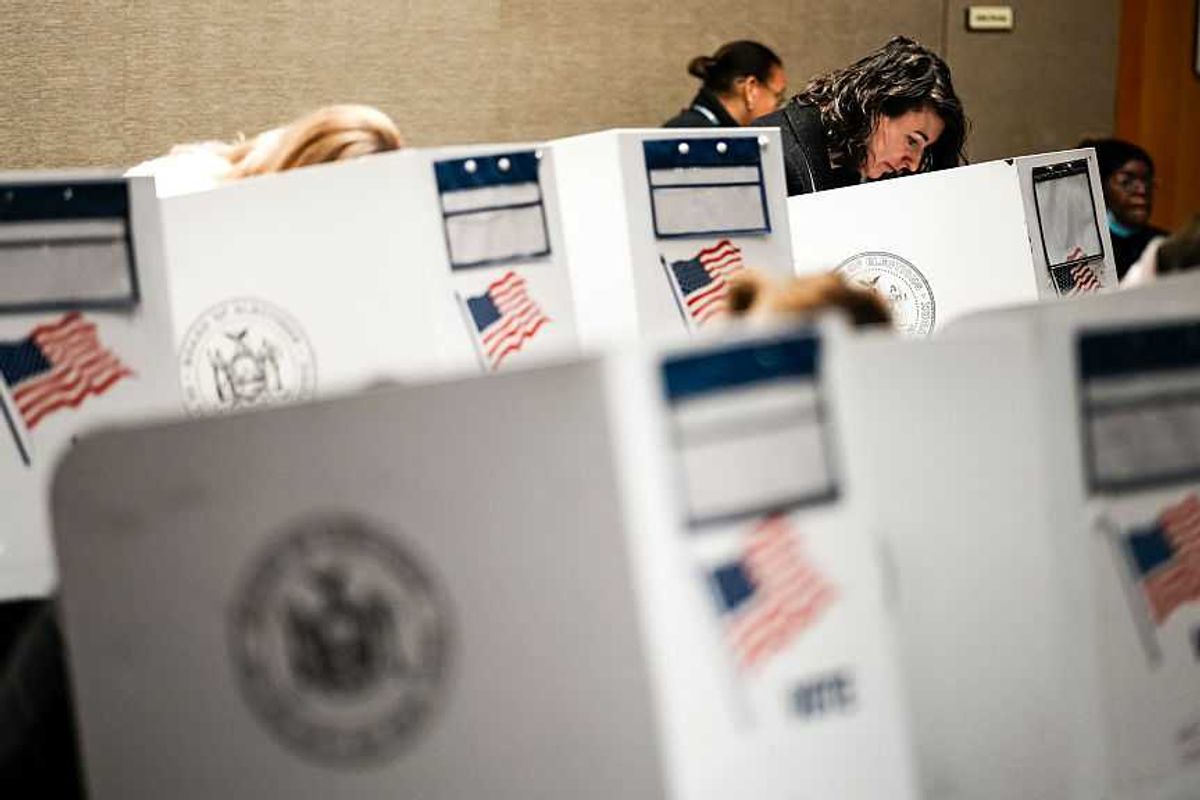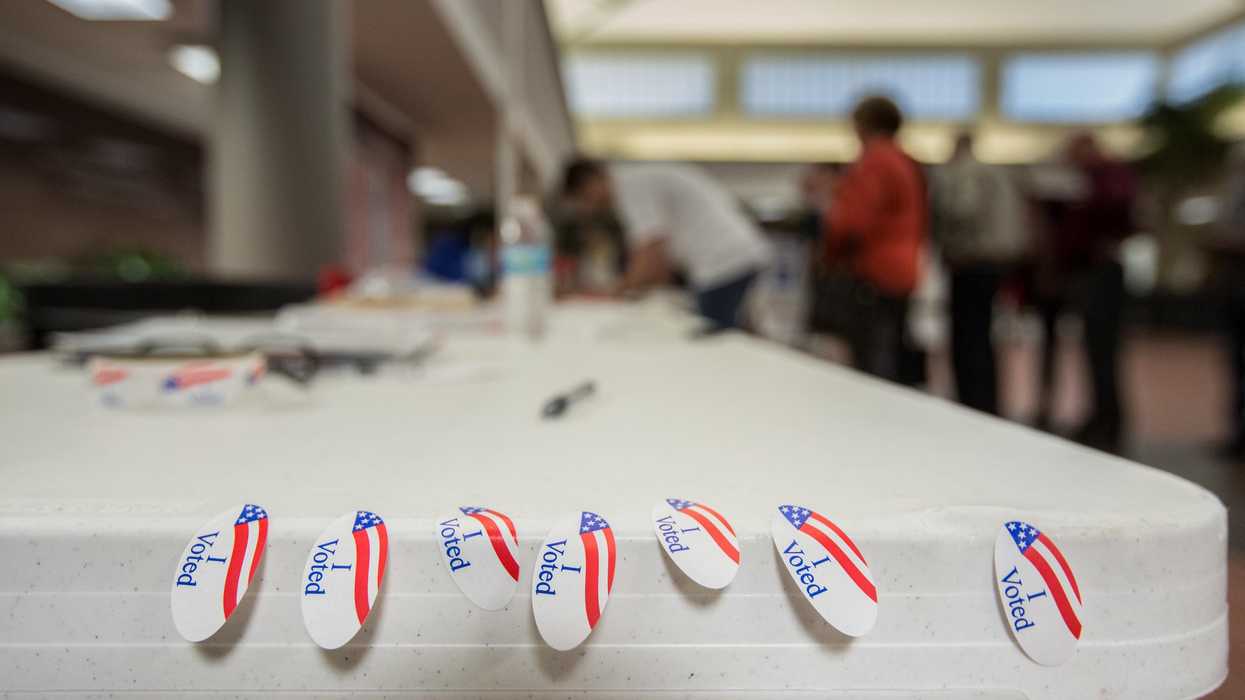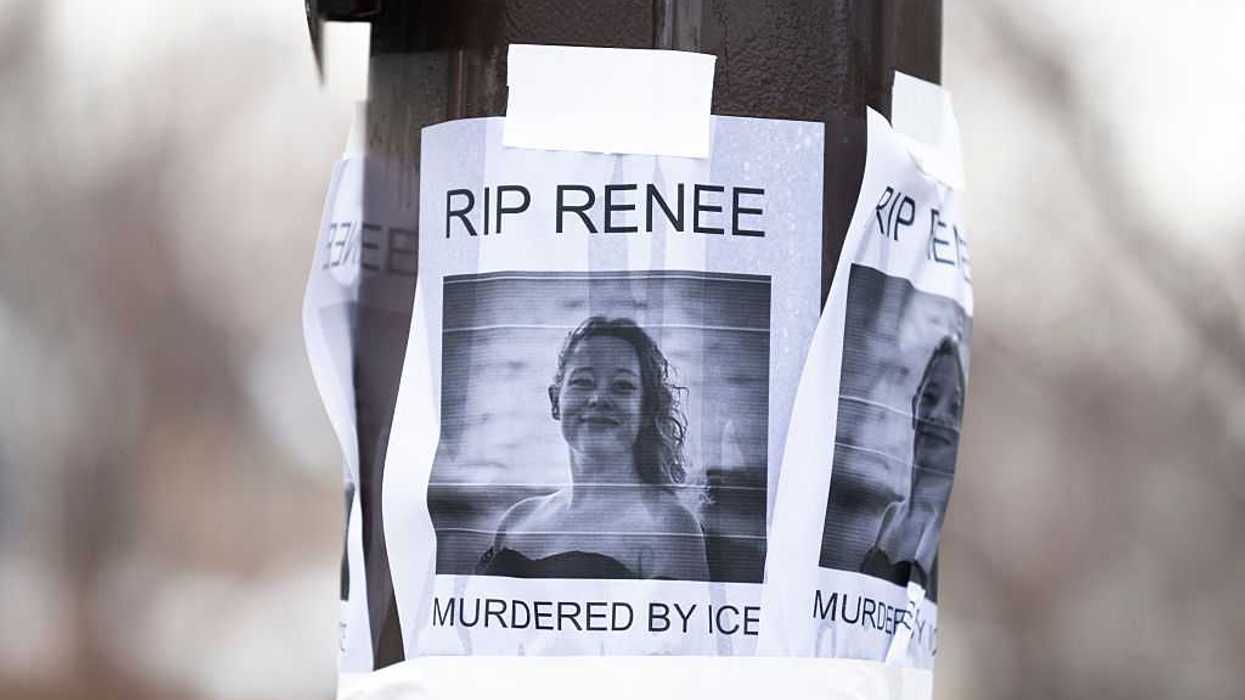Chika O. Okafor is Harvard Law School’s inaugural Fellow in Law and Political Economy. He is also a PhD Candidate in Economics at Harvard University and a Public Voices fellow on the Climate Crisis with the OpEd Project in partnership with the Yale Program on Climate Change Communication. Okafor is a member of the Scholars Strategy Network.
Last June, the Supreme Court overturned Roe v. Wade and reversed over 40 years of precedent protecting the right to an abortion. Nearly one year later, Pope Francis called for an end to “the era of fossil fuel.”
The papal encyclical points to a moment of unexpected opportunity. The Dobbs decision represented the hallmark victory for the pro-life movement, a movement that has shaped conservative voting patterns for decades and, in many ways, contributed to the 2016 election of Donald Trump. Yet with this judicial victory, the anti-abortion pro-life movement may be winding to an end— and with it, its stranglehold on voting patterns for much of the conservative base.
Perhaps environmentalism can become the next "pro-life" movement.
Environmentalism aims to preserve life on a scale far exceeding the grandest vision of the current “pro-life” movement— encompassing not just human life today, but also the lives of future generations and the lives of all flora and fauna.
Just as the current “pro-life” movement has strong religious undercurrents, religious justifications for environmentalism already abound. The Green Bible, originally published in 2008, highlights in green ink biblical scriptures that teach about God’s care for creation and how God interacts with creation. The Green Bible includes essays from leading conservationists and theologians on how to read the Bible through a “green” lens, to encourage readers to care for the planet.
Building the next pro-life movement upon environmentalism is more than mere semantics. It requires framing environmentalism in ways that resonate with the moral foundation of many conservatives. Evangelical Christians—now one of four Americans— grew to embrace the anti-abortion pro-life movement at the end of the 1970s due to religious leadership, grassroots advocacy, and reframing the debate to be focused on the rights of the unborn.
These very elements could prove critical in building the next “green” pro-life movement. Climate communications expert Katharine Hayhoe explained that it is vitally important in climate conversations to connect over the shared values of the people one is seeking to reach. Relatedly, sociologist David Snow’s research highlighted that social movements can only succeed if they properly frame their issues and grievances. One of the single greatest frames that guides how many people—particularly evangelicals—make meaning in the world is religion.
From Joan of Arc to Mahatma Gandhi to Martin Luther King, from the old Negro slave spirituals in the American South to the defiance of martyred monks in rural Tibet, religious faith has demonstrated its capacity to inspire courage and hope in the midst of darkness. It can preserve conviction even in the face of demoralizing measures of progress. Beyond simply convincing people of looming climate change, a religious framing could inspire change by fostering widespread moral buy-in.
To be sure, many remain (understandably) skeptical of religion, aware of its checkered past throughout history. For example, while the Civil Rights Movement relied on the black church to mobilize supporters in the fight for justice, just a century earlier many white Protestant churches continued to justify the abhorrent institution of slavery. Similarly, while today grassroots organizations like the Evangelical Environmental Network work to inspire, educate, and mobilize evangelical Christians to work toward a stable climate, many evangelical churches continue to distort religious teachings to encourage rejection of scientific evidence and its related calls for climate action.
But the cost of abandoning this dialogue with religious communities is simply too high. According to the scientific consensus, if global temperatures increase more than 1.5 degrees Celsius compared to pre-industrial levels, we will pass a key tipping point after which the chances of massive disruptions like extreme flooding, drought, and storms could increase dramatically. Based on our current trajectory, we may reach this threshold within the next five years.
If we want to overcome the persistent resistance to supporting climate change initiatives, we need to shift Americans’ religious and moral frame to see that environmentalism is encouraged by their existing belief structure. Already, over 90% of very religious Americans completely or mostly agree that God gave humans a duty to protect and care for the Earth, and there is increasing support for pro-climate initiatives, particularly among youth.
Genesis 2:15 reminds us that stewardship of the Earth is not simply environmental; it is biblical. Now we need to remind people of faith of their role as stewards. Linking this holy charge to the fight against climate change can greatly inform fellow Christians—conservatives and liberals, evangelicals and otherwise—both how to live and how to vote.
The dangers of climate change are more acknowledged today than ever before. But that is not enough. To usher robust support for climate action across party lines, we must move environmentalism beyond the public consciousness into the public’s consciences. The most pro-life cause must become the next pro-life movement.
This article was first published by Newsweek.com.




















